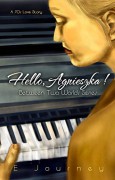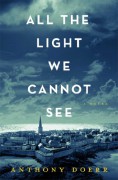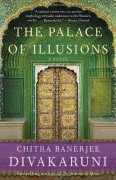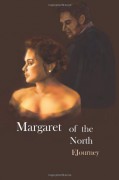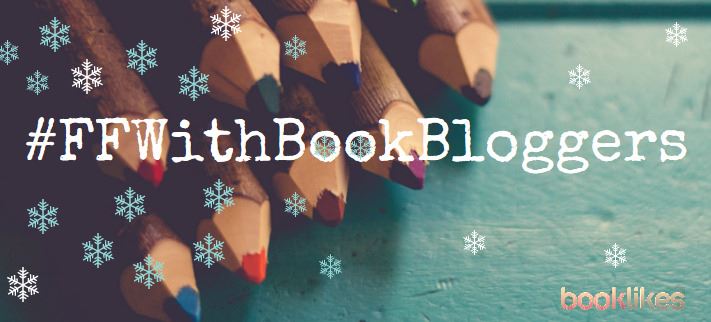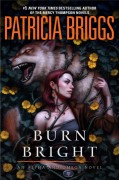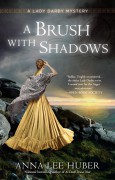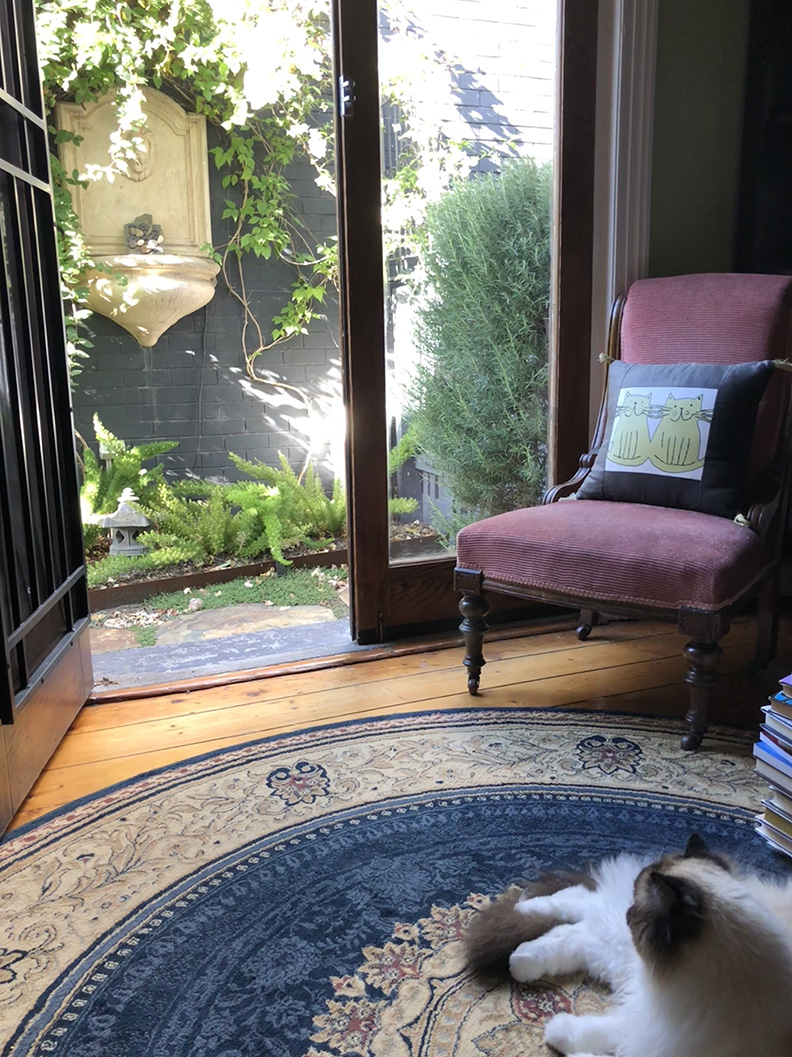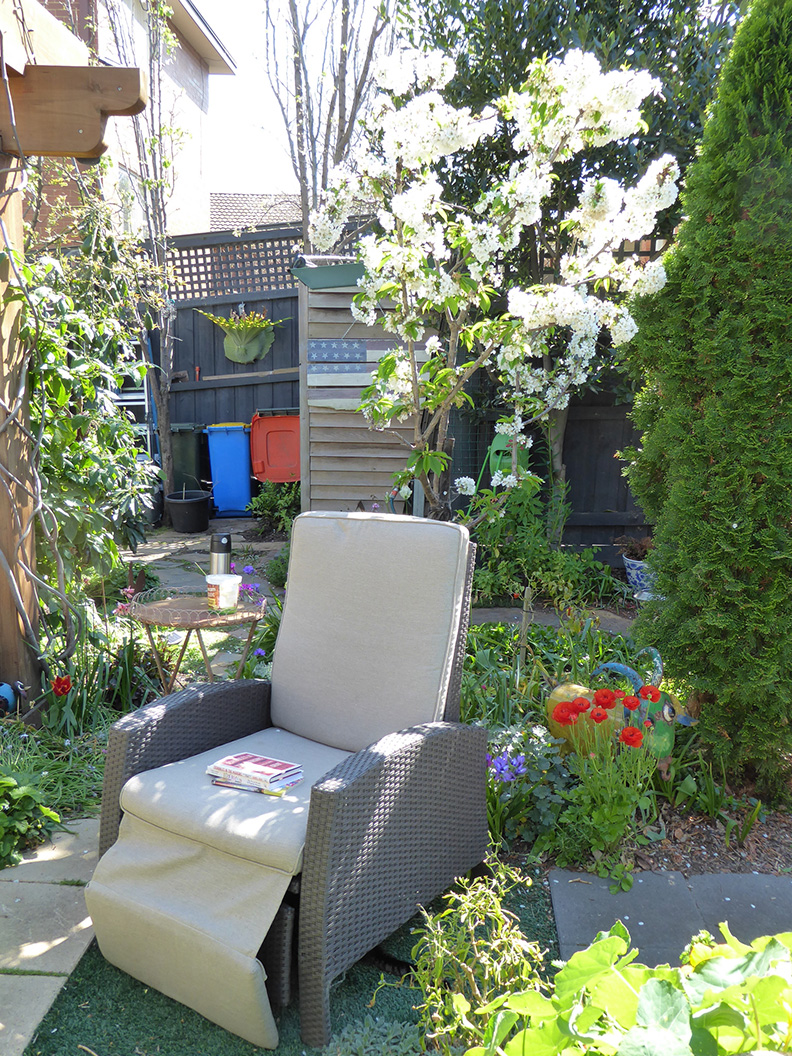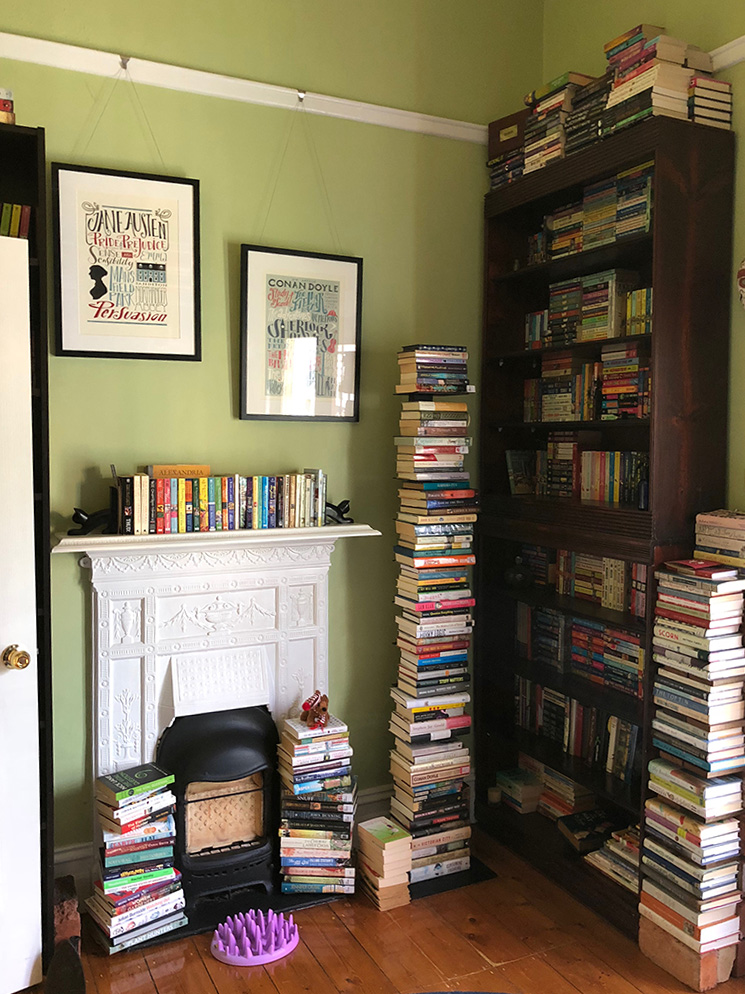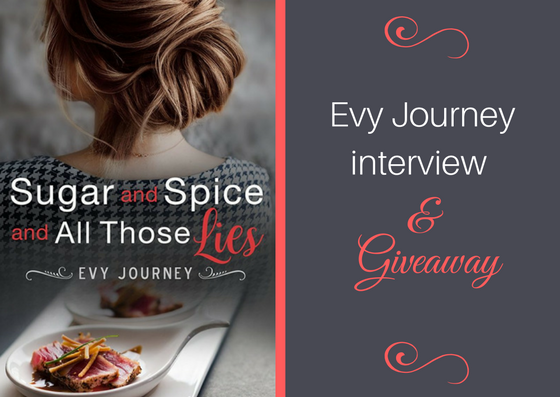
Evy Journey is the author of several novels, most recently Sugar and Spice and All Those Lies, published in late November 2017. Read our BookLikes interview and get to know the author!
Evy has been very generous to BookLikes readers and offered as many as TWENTY (!!) ebooks of her newest book Sugar and Spice and All Those Lies.
Enter our giveaway contest to win!
Giveaway: Jan. 16 - Feb. 16, 2018
Enter to win a unique food romance mystery!
Request an e-book
Let's start with a few questions about writing itself, and your books: I've noticed that you’ve published many books so far. How often do you write and how long at one time? What does your writing schedule look like, if you have one?
I engage with words a lot. If I’m not writing, I read. I think reading is essential to a writer. When I’m working on a novel, I write two or three hours in the morning and three more at night, usually after 10 p.m. I’m hooked on writing not just novels or short stories, but blog posts/articles on art, travel, and food (https://eveonalimb2.com) and book reviews (https://margaretofthenorth.wordpress.com). I try to post once a month on my three blogs including my author website (https://www.evyjourney.com).
Do you work on several books at once, or do you write them one by one? For example, did you write the Between Two Worlds books one at a time?
I’m not that organized in my novel writing. I wrote Hello, My Love! (#1) initially with no intention of producing a series. But then, I got intrigued by the mother of Elise, the book’s heroine. That’s how Hello, Agnieszka! (#2) came about. After that, I thought I should write the story of Elise’s brother Justin. I wanted to make it an interracial pairing because that happens a lot where I live. So I created Leilani in Book 3.
Between Two Worlds series
I wrote my latest novel after leaving a French “deli” in our area where you can get gourmet food in vacuum-sealed bags. It resurrected my delight in Babette’s Feast, a wonderful movie I saw years ago. From there, the characters and the story just took off. I just hope the French guy who owns the “deli” doesn’t find out I murder him in my book!
I need to be inspired to invest the serious amount of energy, time, and imagination to write long fiction.
Do you have all the stories and characters planned out from the beginning and then just write them, or do they come to you as you finish one book and start the next?
I do have characters worked out well in my mind when I start a novel. The plot, not so much. My first draft is usually pretty fluid.
Characterization drives the plot quite a lot; it can dictate or at least help shape what happens in scenes that move the plot along. But while those scenes advance the story, they also present multiple facets of a character that can compel me to make changes in my original conception of the character.
Tell us about your characters. Are they completely fictional, or are you inspired by people and stories you know? For example, Agnieszka, the character in the second installment of the Between Two Worlds series, has a Polish name and heritage. Did you know someone like her, or did you create her story from scratch?
Agnieszka is not based on a specific person, but she’s inspired by the many stories my husband told me. He is second generation Polish American and lived in Pittsburgh, Pennsylvania, where Agnieszka’s story is set. So, his memories of relatives and his lasting impressions of Pittsburgh where a lot of Polish families settled enriched the novel.
Elise in Book 1 was born out of a “what if” question—what would Elizabeth Bennet (Pride and Prejudice) be like if she had grown up in the 21st century? The other two heroines (Leilani and Gina) are mostly made up but, of course, one can never really get away from what one knows., For instance, I personally know people who went through the unsettling experience Leilani goes through when, as a child, she flees her country of birth.
Do you have writing goals - as in a certain number of books to publish per year, or in total?
No goals although I try to finish one book a year. You can say I go with my groove. I’m lucky in a way because I’m not in this game for the money. But I do want readers and I try to write stories that appeal to a specific niche. My particular conceit is I write love stories for the thoughtful woman and that rare sensitive, thoughtful man.
Who designs your book covers? Are you very involved in choosing the covers, and, if so, how involved?
Covers for my latest book and the book series were all done by book cover designers who always ask for the author’s input. I did covers for my first novel and my short story collection. I have some art background. I started sketching as a kid, went to art classes, and now I paint and do digital art.
Let's move away from your books and talk about literature and reading in general. Who are your favorite writers, who do you admire, look up to? Any contemporary writers you are fond of? Any favorite books?
I’ve always had eclectic tastes although I’ve never been big on science fiction, horror or paranormal. I’m seduced by beautiful prose like those of Evelyn Waugh or G.K. Chesterton or Robert Hughes (art critic/writer/historian). As a teen, I devoured both Dostoevsky and Jane Austen.
I still love the classics but my current #1 book is Anthony Doerr’s All The Light We Cannot See. Great story, lyrical prose. I also loved Chitra Divakaruni’s Palace of Illusions based on the Indian epic Mahabharata. For similar reasons. When it comes to romance or women’s fiction, Ms. Austen continues to be my favorite.
To sum up this interview, please tell us a little about yourself. You did not start out as a writer, you gradually took up writing as a regular hobby, or do you see it as a job? Are you happier and do you feel more fulfilled as a person now that you started doing what you love and dreamed of in the past?
I didn’t start out as a fiction writer except in those occasional stories or beginnings of a few I wrote ages ago, stashed away, and lost in the many moves I’ve made. Or short stories I wrote for the high school paper. But my professional jobs involved a great deal of writing—research proposals, research reports, rehashing of research studies both mine and those of others for the consumption of “lay people.” Add to those grad school papers, a master’s thesis and a dissertation. So, no, I didn’t take up writing as a regular hobby. I’ve been doing it a long while and I got paid to do it in jobs after grad school. I also got paid to critique or evaluate the content of what other people wrote.
Do I feel more fulfilled now writing fiction? It’s a different kind of writing from what I used to do, which was grounded in facts, analysis, drawing of conclusions or recommendations, and which often followed a more rigid structure and its own special lingo. Fiction requires much more imagination, gives you much more leeway. In some ways, it’s scarier because there are no must-follow rules. But it’s freeing. When you create a character and a fictional story, you have a lot more control. And yet, you also have to be open to circumstance, to have the courage or imagination to veer away from your original story because of how characters or scenes develop. That’s what makes fiction writing occasionally surprising and exciting. I love it.
But fictional or factual, writing is work. Not a job necessarily, but work.
Follow Evy Journey's blog on BookLikes: http://evictoriajourney.booklikes.com/blog
Evy Journey's books on BookLikes (click the cover to add the books to your bookshelf):

 Log in with Facebook
Log in with Facebook 



